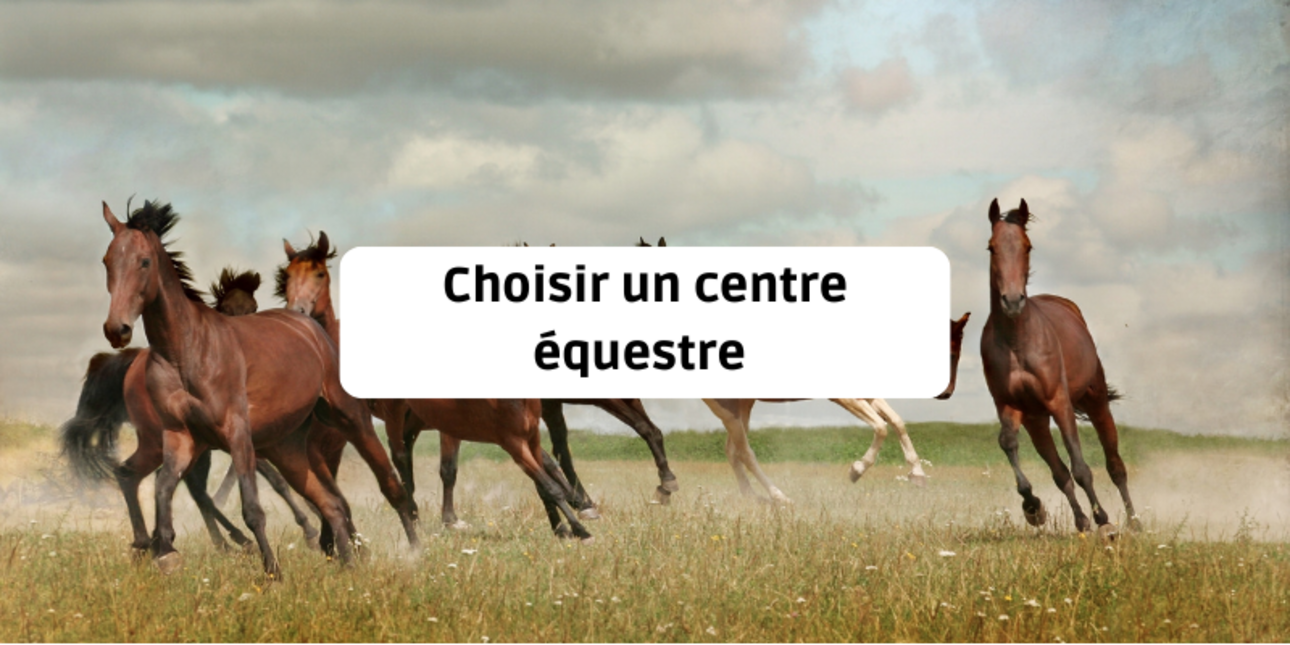
What are the best criteria for choosing and guiding a riding school?
Choosing the right riding school is essential for a satisfying and lasting equestrian experience. To find out more, we'll take a look at the different criteria to help you make the right choice.
The location of the riding school is crucial. It is advisable to choose an establishment close to your home or workplace, ideally within a 30-minute drive, taking into account the timetable of your equestrian activities.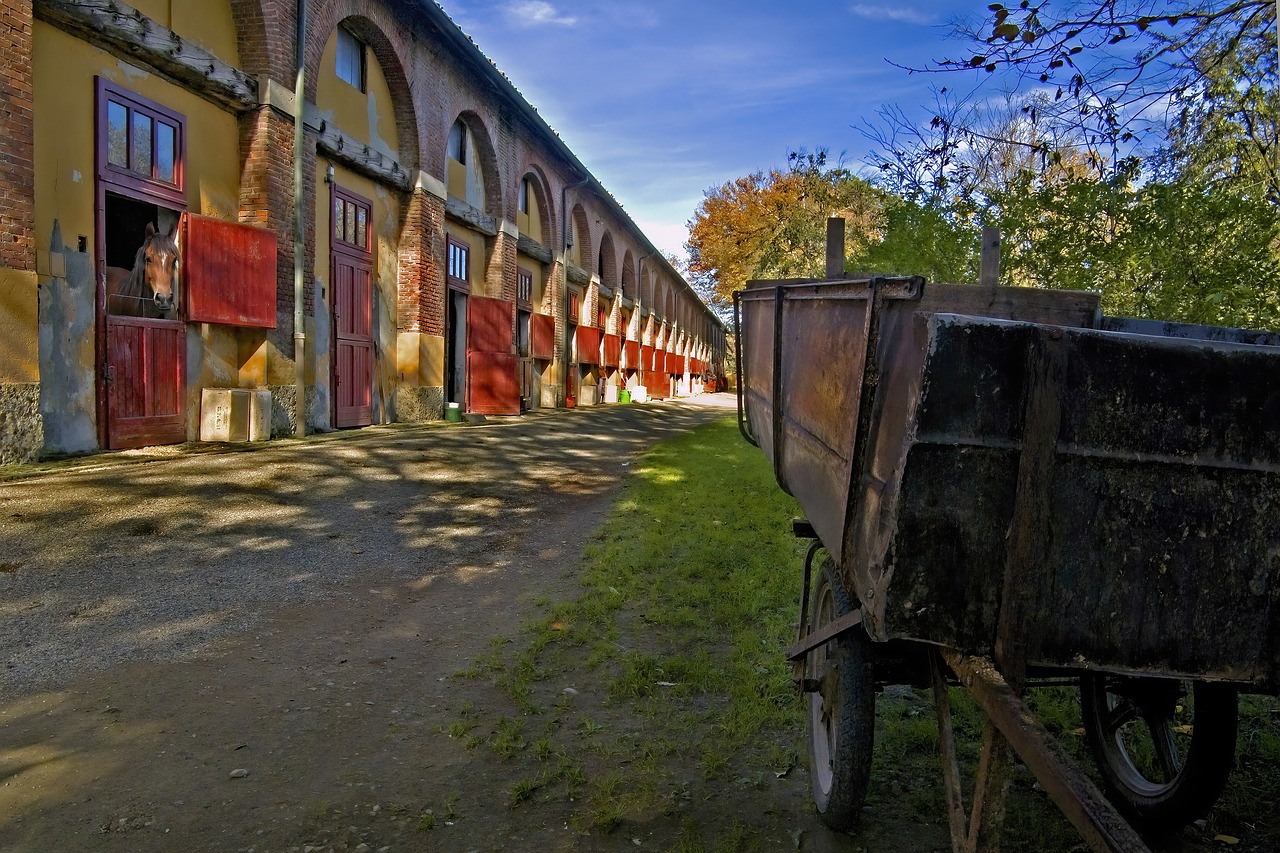 It's also advisable to choose a pleasant, safe setting, with outdoor areas suitable for riding so that you can enjoy it.
It's also advisable to choose a pleasant, safe setting, with outdoor areas suitable for riding so that you can enjoy it.
The Fédération Française d'Equitation simplifies this search by listing riding schools on its website, with filters by geographical area, label, discipline and equipment. This allows you to make a targeted selection.
In addition, you can use another search module, such as My-UUU, to help us identify equestrian properties in your area that match your criteria and expectations.
Proximity reduces travel time, encouraging regular participation in lessons and activities, as well as allowing involvement in weekend events.
While location is important, other factors need to be carefully assessed to maximise your equestrian experience.
The price is a crucial criterion when choosing an equestrian centre, as horse riding is often considered to be an expensive activity. This is due to the vital needs of the horse, the remuneration of instructors and the cost of maintaining the facilities.
An in-depth analysis of annual expenditure includes the FFE (Fédération Française d'Équitation) licence, the annual membership fee (which varies from region to region and from riding school to riding school), and lesson prices, which are influenced by various factors.
It's essential to check the riding centre's website, ask questions about prices, and check that the costs match your budget and the quality of the services on offer. Before committing yourself, many riding schools offer trial sessions or trial packages to help you make a decision.
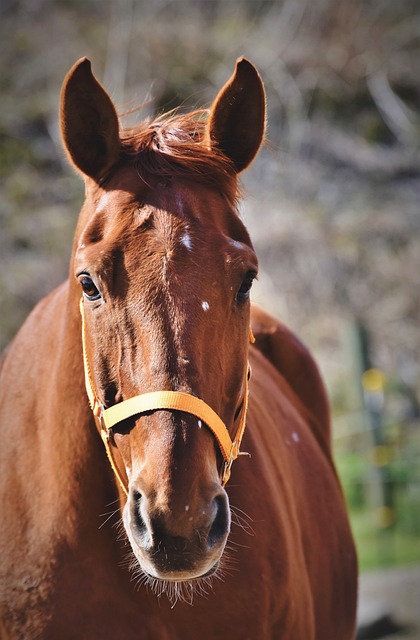 The programmes
The programmes When choosing a riding club, it's crucial to consider the varied programmes they offer, tailored to different levels and objectives.
To assess these programmes, it's essential to clarify your expectations by finding out about the types of activities available, whether they be lessons, courses, summer camps, outdoor outings (forest, sea...) or competitions.
It's also important to check the range of levels catered for, from beginners to advanced riders, and even competitors. Finally, the cost of the chosen programme should also be considered.
As well as the programmes, it's important to consider the services offered by a riding club. These can improve your comfort and encourage faster progress. It's also essential to consider the additional services offered by the riding centre. For example, equipment hire, horse boarding and access to animal care facilities, including showers and grooming areas...
Riding, whether for sport or pleasure, offers a wide range of activities. To choose the right club, it's important to align your objectives with your needs.
If you opt for leisure riding, choose a centre that is close by, with lessons and rides, as well as facilities suitable for beginners. If you're a competitive rider, choose a club that is active in competitions, with the right horses and facilities.
The key is to find a club that meets your expectations, whatever your level, and to visit the premises to assess the environment, while asking detailed questions about the activities before signing up, for a successful equestrian experience.
Before visiting the centre, it's a good idea to check out the website to get an idea of the facilities. This will enable you to compare the different clubs and choose the one that suits you best. When you visit, pay particular attention to the equestrian centre's facilities and equipment. Similarly, the presence of labels from the Fédération Française d'Equitation is a guarantee of seriousness and quality.
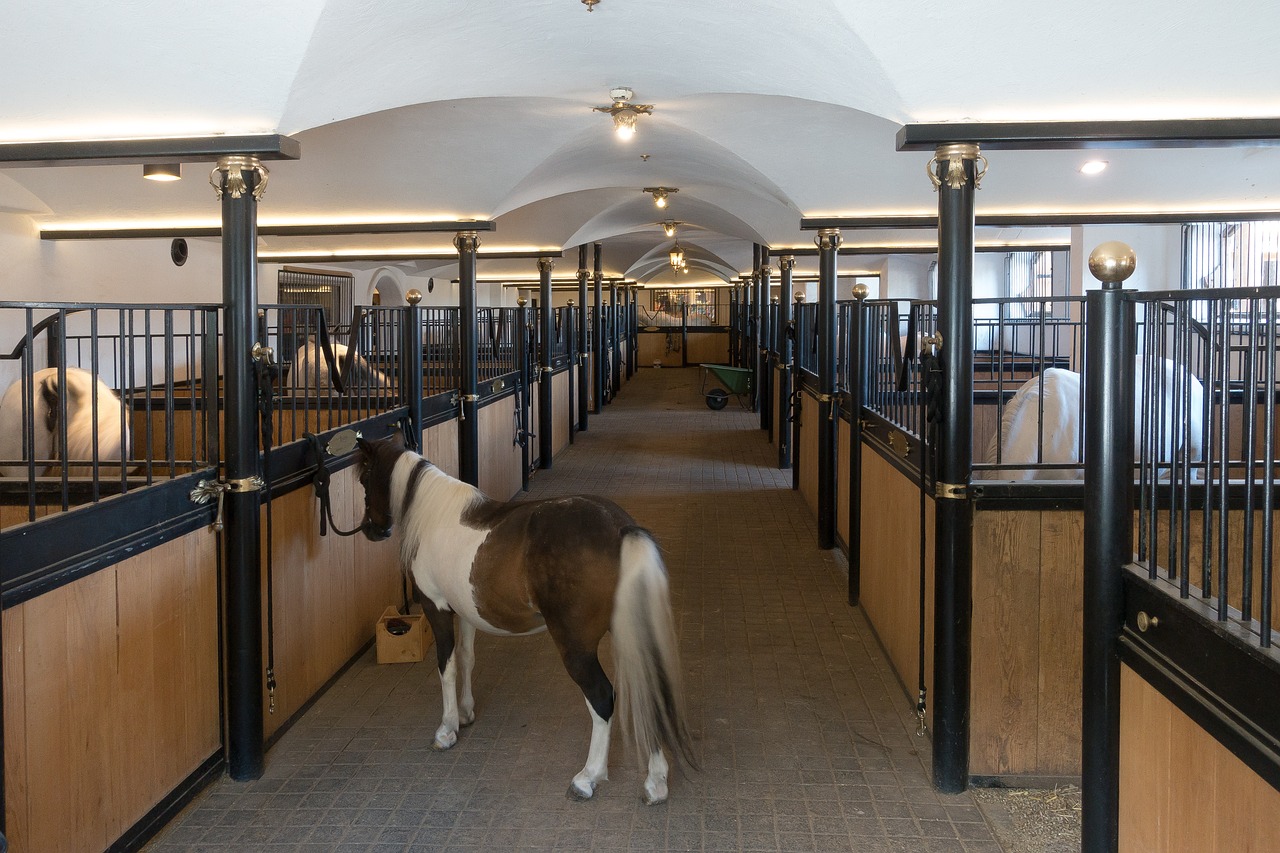
When choosing a riding club, crucial criteria such as the comfort, cleanliness and upkeep of the stables are essential to creating an environment conducive to the well-being of the animals.
The quality of the stables and boxes is a key element, requiring clean, secure and well-maintained facilities to provide a healthy and comfortable space for the horses.
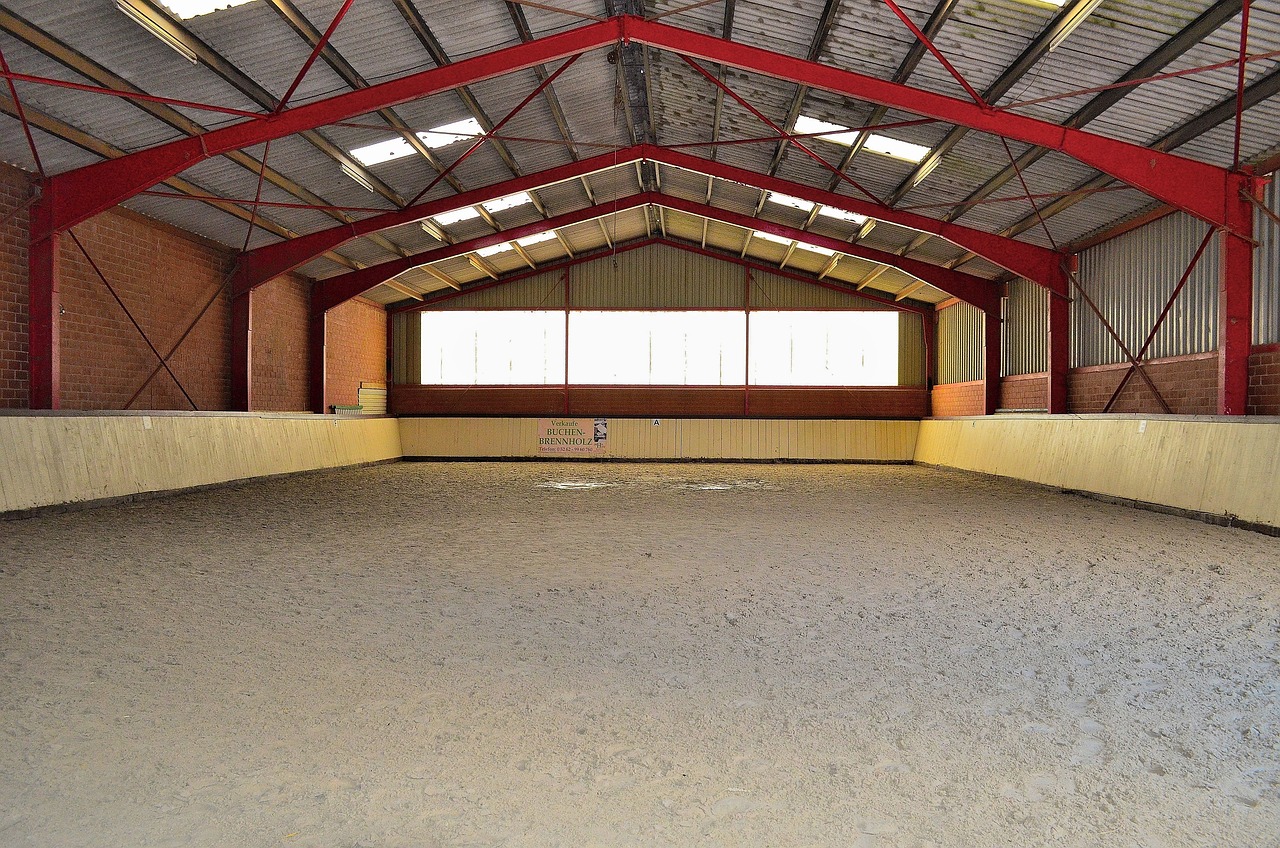
When you visit a riding school, make sure it has a riding arena. These facilities will allow you to ride in dry conditions in winter, whatever the weather. You should also check that the surface area of the arena or riding ring is suitable for training.
You should also take the time to inspect the equipment used, such as the tack room. 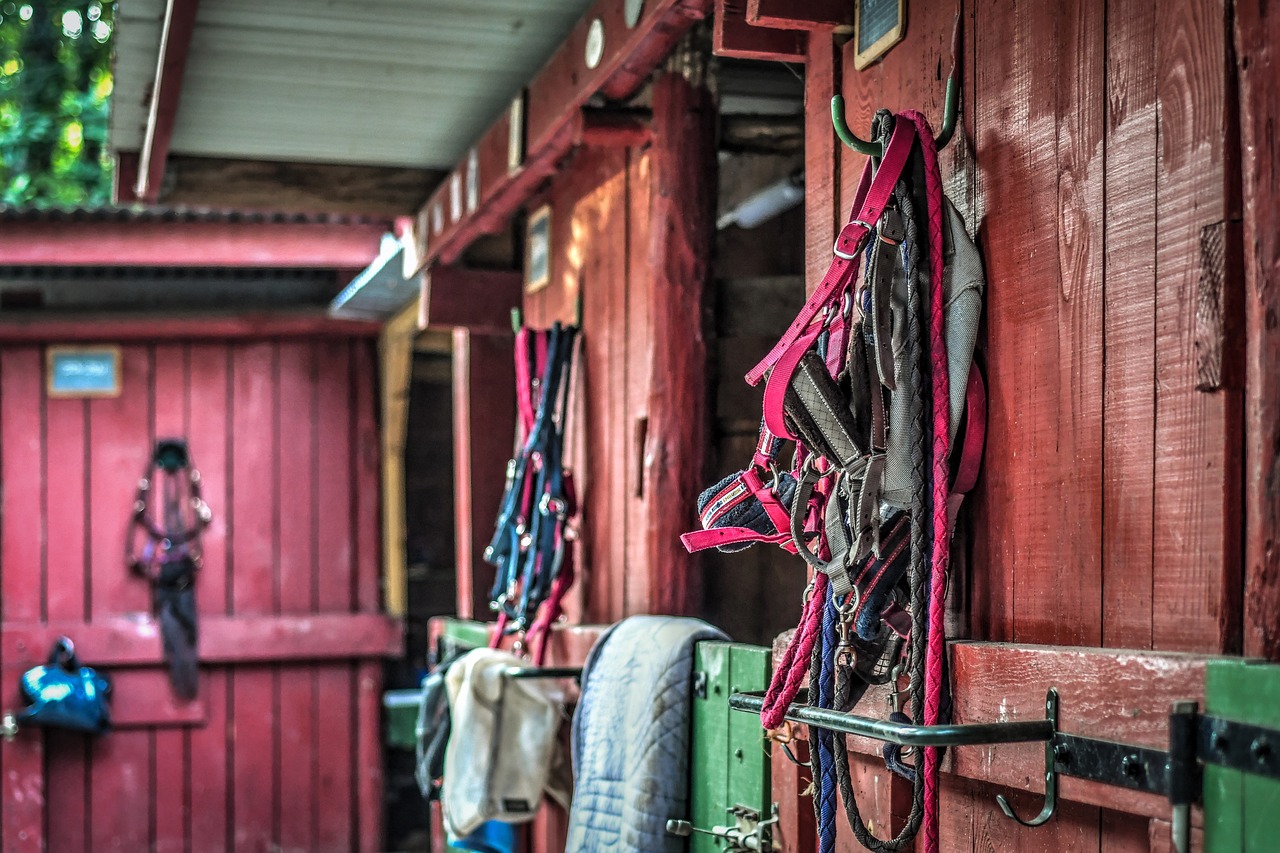 During lessons, it is essential to have clean, well-maintained equipment in good condition, as well as a saddle and a snaffle for each horse. This is important for the comfort and safety of the horses.
During lessons, it is essential to have clean, well-maintained equipment in good condition, as well as a saddle and a snaffle for each horse. This is important for the comfort and safety of the horses.
Outdoor facilities play an essential role in the choice of a riding school, offering opportunities for outdoor training and a variety of areas for equestrian activities.
The presence of footpaths enriches the experience and diversity of activities, offering long rides on horseback.
For the well-being of the horses, it is important to ensure that there is a meadow or paddock available to promote a balanced equine life.
In addition, if there are showers for the horses, this underlines the importance of carefully managing their well-being after training or outdoor outings.
Safety is an essential element of horse riding. When you visit a riding centre, you should carefully check that the centre takes the necessary measures to guarantee the safety of riders and horses throughout the year.
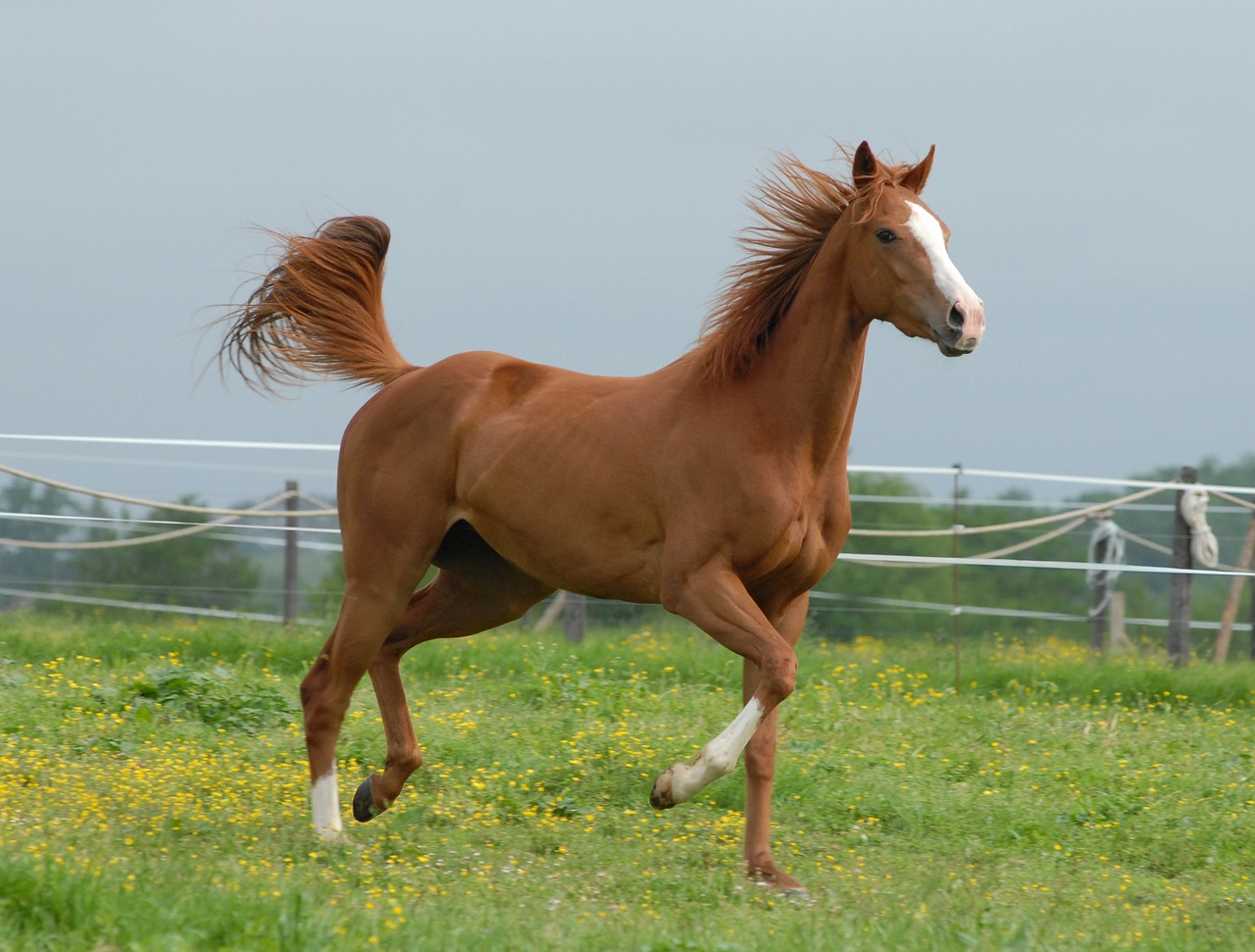 An often underestimated but extremely important criterion is the welfare of the horses in the stables. Whether you're an equestrian expert or not, you have a responsibility to ensure the well-being of the horses in your stables.
An often underestimated but extremely important criterion is the welfare of the horses in the stables. Whether you're an equestrian expert or not, you have a responsibility to ensure the well-being of the horses in your stables.
Riding is a sport that involves close interaction between man and animal. Horses are sensitive creatures who need attention and care if they are to be healthy and happy.
That's why, when you visit, you need to ask questions and observe the environment, such as the cleanliness and general appearance of the horses. You should also pay close attention to the horses' behaviour.
When choosing a riding school, it is essential to find out about its reputation by gathering recommendations from friends, family and other riders in the profession. You can also consult local authorities, sports clubs and schools. What's more, taking part in regional equestrian events is an excellent source of information, offering varied perspectives that can strengthen your final choice.
Riding instructors play an essential role in the success of the sport. It's important to look at their qualifications, experience, specialities, teaching methods and their relationship with riders and horses.
They must hold a state diploma (BPJEPS, DEJEPS, DESJEPS) or a TFP diploma as an equestrian tourism guide. This guarantees comprehensive training and the ability to teach and learn horse riding in complete safety.
Some specialise in specific disciplines or audiences (children, adults, competition, leisure, etc.). You can ask to attend lessons adapted to your level and objectives to assess the difficulty, the teaching approach and the interaction with the horses.
Gathering feedback from riders leaving the lessons, and getting answers to your questions from the instructor, are also essential steps in the process of choosing a facility.
When visiting an equestrian centre, it is crucial to look at the cavalry, assessing the size of the establishment (small or large), and what it has to offer in terms of the number of horses and/or ponies.
In addition, the general condition of the cavalry must be taken into account, including signs of injury possibly indicating neglect, as well as the behaviour of the horses, which may reveal a possible malaise.
This in-depth observation enables us to assess and discover the quality of the care provided, thus guaranteeing a healthy equestrian environment that respects the well-being of the animals.
The choice should also take into account the atmosphere, which influences the equestrian experience and motivation.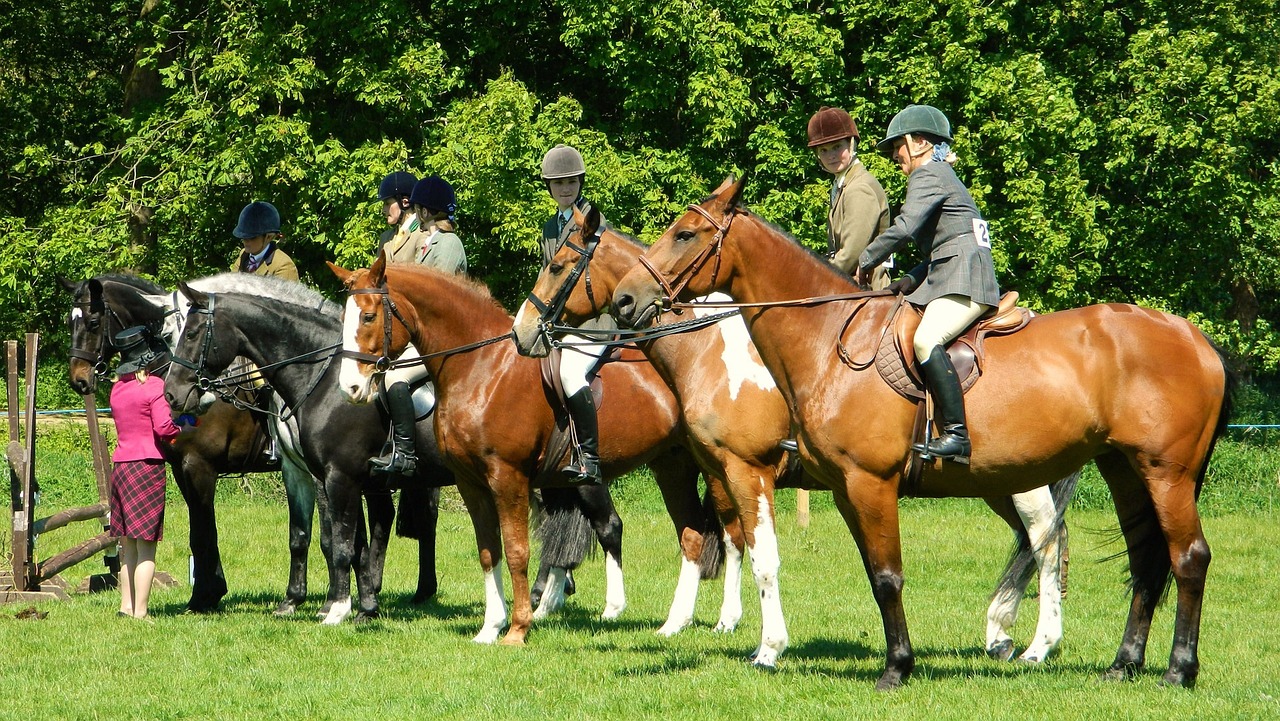
Talking to teachers and riders, watching a lesson, and following events on the website and social networks all offer insights. The criteria for a good atmosphere vary from person to person, so you need to make your own judgement based on your personal criteria. On the day of your visit, make sure you feel at ease and, if possible, take part in events, rides, shows or competitions, as this is the true indicator of the atmosphere at the riding centre.
By considering these elements, you will be able to choose the one that best meets your expectations.
Choosing the ideal equestrian centre requires a considered approach to the new school year.
Geographical proximity, reputation, facilities, horse welfare and the programmes on offer are all crucial criteria. Examining the competence of the instructors, the prices and taking part in trial lessons are essential steps. Talking to other riders gives you concrete impressions.
By combining all this information, you can make an informed choice, in line with your needs and the well-being of your equine companions, for a safe and rewarding equestrian experience.